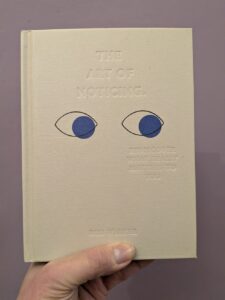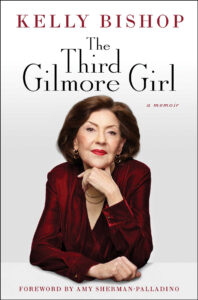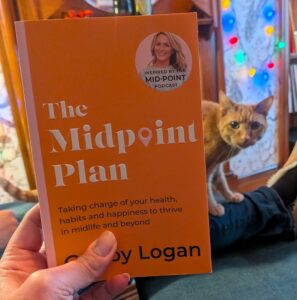Lockdown by Peter May
Written by Ashley Kelmore, Posted in Reviews
In a nutshell:
A pandemic has hit, and London is in full total lockdown (like, checkpoints and military shooting people who aren’t supposed to be there lockdown). While building a temporary hospital, contractors discover bones that were not there the day before.
Best for:
I’m not sure.
Quote that made me think:
N/A
Why I chose it:
I’ve been mostly enjoying this author this year and this one was available from the library.
Review:
Wooof. So this book had so much potential, but I struggled to finish it. It starts with a note from the author, where he shares that he wrote this book years before the COVID pandemic but no one was interested in it. Then, when the pandemic hit, he tried again and it was published. And I sort of get why publishers would be interested in a book set in a pandemic that doesn’t seem to be exactly ABOUT the pandemic, but this wasn’t great.
The main character is a detective who is about to leave the force. Like, in two days. I can’t even recall his name, but he is estranged from his wife and just done with the job. But he is called to a scene where bones of what turns out to be a young child have been dropped. The story itself goes on with some different point of view chapters, including from someone involved in the murder, and one of the forensic investigators.
The issues I had were with the language choices and character choices the author makes. The child in question turns out to be a young Chinese girl with a facial difference (cleft palate). I genuinely don’t understand why the author felt the need for that to be a defining characteristic, and why he repeatedly had characters talk about how ‘ugly’ the girl must have been. The fuck? What purpose does that serve? Even if they wanted the character to have a standout feature, why make it a facial difference that they would all then hammer home? It’s just weird.
And then there was the forensic officer who uses a wheelchair, and all sorts of language choices and descriptors that I would maybe expect to find in a book written in the 70s, not one published in the 2020s. Their inability to walk does play into the plot of the book at least, but the way the character is treated left me feeling icky.
The background discussion of the pandemic was interesting, especially the distribution of flu treatment, the dire situation in hospitals, and the very serious lockdown rules. IT was much more drastic than the COVID rules, showing how different things might have been with an even deadlier virus. But the rest of the book was not for me.
Would I recommend it to its target audience:
No, because I think it is a bit insulting to the reader.










